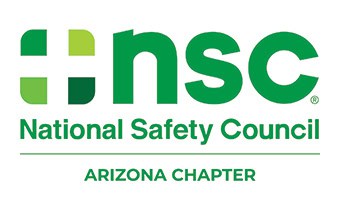Heart Attack
Heart attack and cardiovascular disease are leading causes of death in the United States. A heart attack is typically caused by blockage in an artery resulting in a lack of blood flow to heart muscles that can lead to cardiac arrest. Symptoms include chest pain or pressure, shortness of breath, dizziness, pain that spreads to the neck, jaw, shoulder, or arm, pale skin, sweating, indigestion, feeling of impending doom, nausea, or vomiting. The victim may exhibit denial and delay telling someone or may try to talk you out of getting help. When these symptoms occur, especially chest discomfort, it is important to take charge of the situation and act quickly.
- Call 911 for anyone experiencing chest discomfort, even if the victim says it’s not serious.
- Help the victim rest in a comfortable position and loosen any constructing clothing.
- Ask the victim if they are taking heart medication and help obtain it. Follow the label directions.
- Encourage the victim to chew and swallow 1 adult aspirin (325 mg) or 2-4 low-dose “baby” aspirin (81mg each) unless they are allergic or cannot take aspirin.
- Remain with the victim and be calming and reassuring.
- Be prepared to give CPR if the victim becomes unresponsive or stops breathing.
- Don’t allow the victim to eat or drink anything including water.
You can be prepared to provide care for a heart attack victim or other medical emergencies by taking a First Aid/CPR/AED course. These are offered regularly at the Arizona Chapter National Safety Council. Please contact us for details.
Ed Taube, Safety Trainer, Arizona Chapter National Safety Council
